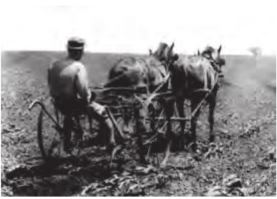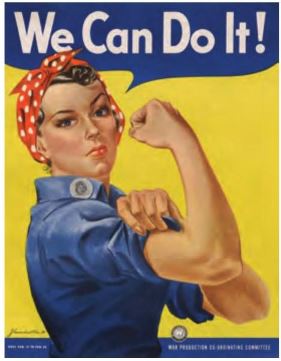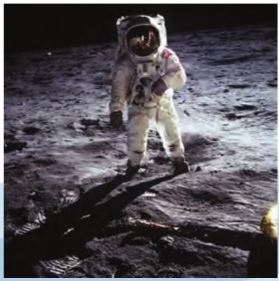© 2020 Paula Thompson
© 2020 The Urantia Book Fellowship

by Paula Thompson
I woke up the other day with the haunting news of this ongoing pandemic still in my head and I started thinking of my own paternal grandmother. Her maiden name was Mae Porter. She had no middle name. As I woke, I began reflecting on her life. I know her history so well because I always listened attentively to her colorful stories. Mae was a master storyteller and she lived to be 90-yearsold. While contemplating all of the challenges she faced in her life, it helped me to put these current challenges into perspective, and that gave me peace. For me, my grandmother embodied this Urantia Book teaching, “The greatest affliction of the cosmos is never to have been afflicted. Mortals only learn wisdom by experiencing tribulation.” UB 48:7.14
Mae Porter was born in 1892 in a poor farming community in Iowa. She was the first born in her family of five. Her mother and two siblings died of TB when she was three, after her family had moved into an infected cabin. She and her father were the only ones who survived. He subsequently married a woman who had a farm but no husband. It worked well for him because he was a farmer who had no farm, and had a 3-year-old daughter with nobody to care for her.

Mae lived for 9 decades. The first decade of her life was spent trying to survive the tyranny of her stepmother, who despised her and tried to kill her, more than once. When she was just 8-years-old, her stepmother took a piece of hardwood and beat her so hard that it broke her hip. That injury left her with lifelong pain and a limp. Her father ignored the neglect and abuse. He and stepmother went on to have eight more children. From the age of four, Mae had to do strenuous chores and care for her younger siblings.
Mae found peace and salvation as a child in the rare visits she made to her maternal grandmother and uncle. To them, she represented the last living remnant of a daughter and sister that they dearly loved. They lavished Mae with love. They lived on their family farm just 5 miles away from her. She once told me that it was an all-day buggy ride for her dad to take her to visit her “little grandma.” Mae felt blessed to have one of two precious visits with her grandma each year.
During the second decade of her life she became a mother; she married Floyd Garrett at the age of 16. Most of life was a struggle to make ends meet for herself and her family. Life was not easy in rural Iowa in the early 1900s. They had very little and she worked very hard.

The Spanish Flu Pandemic and WWI characterized the third decade of her life. She wrote many letters to people she loved and prayed a lot that they would be well. She often had to wait months just to learn if a loved one had survived. Like all mothers in the 1920 s, there was little information or communication to be given or had other than from hand written letters and newspapers.

The Great Depression characterized the fourth decade of her life. Her husband had a job, and she spent much of her time sharing food and baked goods with the jobless and homeless. She would meet them in the alley behind her home in Denver. She loved giving and serving.

WWII characterized the fifth decade of her life. I can only imagine her worry and sorrow, when her beautiful, kind and courageous son (my father) went off to war. She seldom talked about it.
Her sixth decade was not without worry, given the real threat of nuclear retaliation, the beginning of the Cold War, the Korean War, and the hustle and bustle of every newfangled thing! You see, Mae crossed the prairie in a covered wagon and then lived to see men walk on the moon. It is amazing to consider that these changes all happened in one short lifetime. I was born in the 1950s. She had five grandchildren and I was her youngest grandchild.

By the seventh decade of her life, she experienced the trauma of three assassinations of American heroes, Vietnam, the culture wars, the generation gap, and all the turmoil of the Sixties. All this to say, that there was hardly a decade of her life that was not punctuated by some major world dilemma.
Mae lived until the summer of 1982; she was 90 years of age when she died.

Through all this life of tribulation, she was kind, loving, loyal, stalwart, faithful, cheerful, hardworking, dedicated, sincere, honest, gentle, compassionate, sympathetic, and devoted. She was my role model and hero. I always wanted to be like her. I pray that I might live up to the amazing example she showed me. I am so incredibly grateful to her.
The insight I had as I awoke the other day, thinking of all of this and remembering her remarkable life, is that she was really a SURVIVOR, and so am I. Each one of us has a parent or grandparent who survived great hardships on this world. The story of our collective human ancestors is no less difficult than my grandmother’s story, and in many cases much more difficult. So, for me, the bottom line is, we are all survivors and we can and will solve our problems by working together.
Therefore, to you, gentle reader, I send all the love in my heart today and pray for your well-being and strength to get through this, our current, tribulation.
